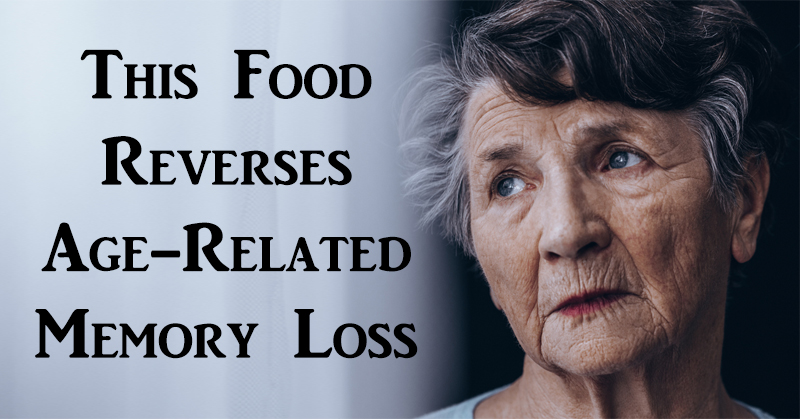As we get older, our memory seems to fade. It starts out small, like forgetting where we parked the car or skipping over an important date on the calendar. But for many people, each passing year brings a steady decline in memory. The good news is, there may be way to reverse age-related memory decline.
According to a recent study published in Nature Neuroscience, scientists discoverd that naturally occurring flavanols found in cocoa may actually reverse memory decline, by as much as 20 or even 30 years!

The Study
Researchers from Columbia University Medical Center wanted to find out whether or not the consumption of flavanols could provide a boost in brain function. They studied the way the compounds affected a part of the brain known as the dentate gyrus. The dentate gyrus is part of the hippocampus that contributes to the formation of memories. The study was the first to show a connection between a specific area of the brain and age-related memory loss.
In the study, 37 healthy participants aged 50-69 were randomly assigned to consume either a high-flavanol diet containing 900 mg of flavanols each day, or to follow a low-flavanol diet containing only 10 mg of flavanols each day. The participants following a high-flavanol diet were given a cocoa drink created by Marc Inc., one of the world’s largest chocolate producers and suppliers.

The researchers studied the participants’ brains through brain imaging. Each participant also participated in memory tests. The study showed that those who followed the high-flavanol diet demonstrated improved function in the dentate gyrus. Participants in the high-flavonol group also performed much better on memory tests.
Co-author of the study, Dr. Scott Small, explained that after three months of consuming the special cocoa concoction, someone with a typical memory of a 60-year-old improved their memory to that of a 30- or 40-year-old. The flavanols found in cocoa are also found in many tea leaves, fruits and vegetables.
Watch the video below for more information on the study:
Sources:
Real Farmacy
Nature Neuroscience
Columbia University Medical Center
NCBI


